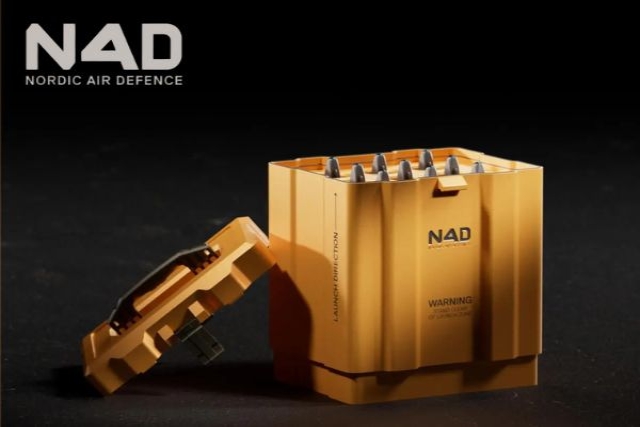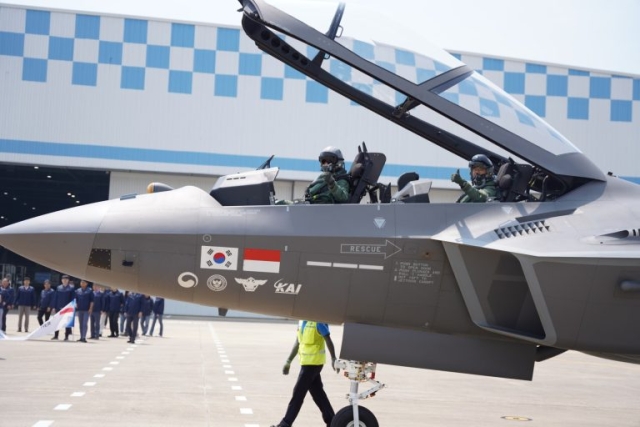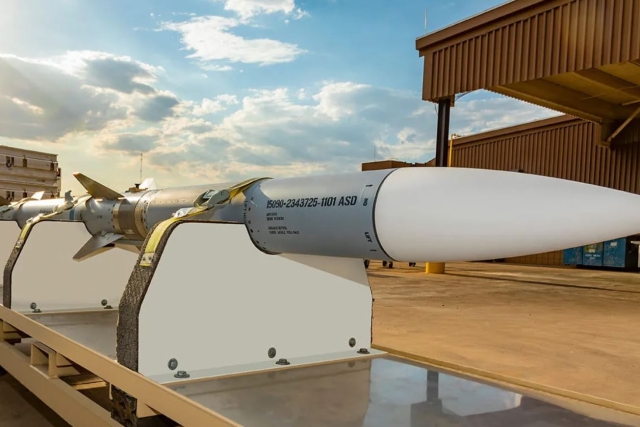Japan to be Invited into AUKUS Partnership, But for Non-nuclear Projects
Japan is expected to collaborate with AUKUS in developing and sharing technologies, including AI, quantum computing, undersea drones, hypersonic missiles, and electronic warfare.

The United States has kicked off talks with Britain and Australia on inviting Japan to collaborate on defense technology under the AUKUS security partnership, specifically excluding Japan's involvement in nuclear projects under the first pillar of the trilateral agreement.
According to a report by the Nikkei Asia, an official announcement could be made as early as next month. However, Japan's participation would be limited to specific projects falling under AUKUS Pillar 2, excluding involvement in the nuclear-powered submarine program outlined in Pillar 1.
The AUKUS security pact, established in September 2021, is structured around two pillars. Pillar 1 aims to assist Australia in acquiring conventionally armed, nuclear-powered submarines, while Pillar 2 focuses on the collaborative development and sharing of advanced technologies with warfighting capabilities, spanning artificial intelligence, quantum computing, undersea drones, hypersonic missiles, and electronic warfare technologies.
The Biden administration is reportedly seeking to finalize the agreement early next month, with a potential announcement during Prime Minister Fumio Kishida's state visit to Washington on April 10. If Japan is invited, it would become the first country outside the original three partners to operate within the AUKUS framework. However, there are no plans for Japan to become a formal member of the grouping, as per the Nikkei report.
Mira Rapp-Hooper, the senior director for East Asia and Oceania with the U.S. National Security Council, recently expressed optimism about the potential expansion of AUKUS Pillar 2, emphasizing the prospect of involving additional partners. "We're hoping to make good progress in the very near term," she stated during a recent online forum.
Australian Defense Minister Richard Marles echoed this sentiment, expressing a desire to collaborate more closely with Japan on technological developments. However, he ruled out Tokyo's involvement in the nuclear submarine project, emphasizing that collaboration with Japan is still in the early stages, with both nations recently agreeing to joint research on the future development of underwater drones.
Nevertheless, even with Japan's potential limited involvement in AUKUS, cybersecurity measures will be crucial to protect sensitive data and technology. The Japanese government is addressing this concern with a new bill, expected to clear the parliament in the current session. The proposed security clearance system, aligned with other Group of Seven nations, includes penalties of up to five years in prison or a fine of up to ¥5 million ($33,220) for leaking information deemed critical to national economic security.
Experts suggest that Japan needs a security clearance system before it joins AUKUS. This measure is seen as vital to ensure Japanese manufacturers can access classified information in joint developments and contribute effectively to the collaborative efforts outlined in AUKUS Pillar 2.









